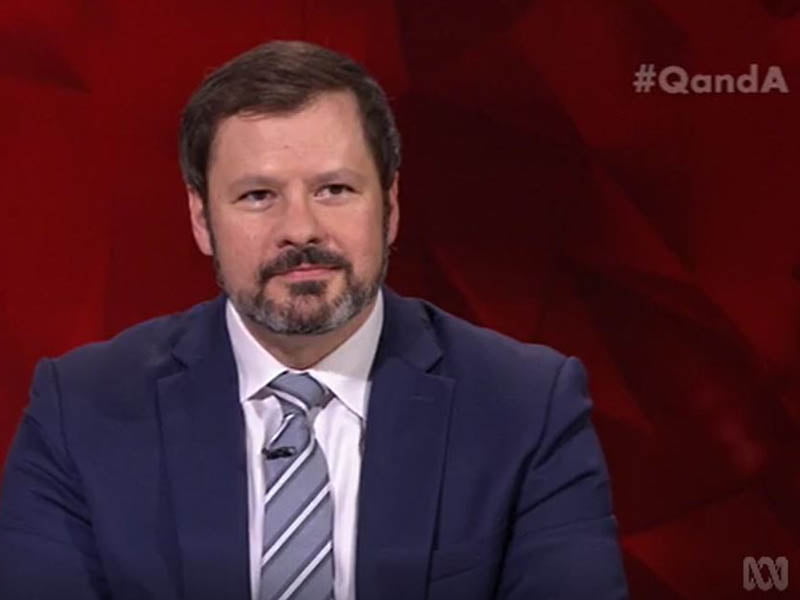Shadow Industry minister Ed Husic has called on governments to attach industry development goals and economic growth outcomes to procurement decisions, whether it’s in relation to large-scale infrastructure projects or information technology.
Governments have a choice about where they spend taxpayers’ dollars in sourcing the goods and services they need, and it should be directed to where it will deliver the biggest economic benefit.
Speaking at a Global Access Partners summit on Friday, Mr Husic said that the pandemic had exposed supply chain problems not just in consumer products of convenience, but in essential items across health, energy, infrastructure, defence, space, communications and technology.

The nation is quite simply too reliant on non-value-added raw material and food exports.
“Out of these moments we must reconceive the way we produce essential items, taking a fresh look at manufacturing and applying our know-how differently,” he said.
“Woefully, when countries in the OECD are ranked for their manufacturing self-sufficiency, we appear last.”
Governments needed to reassess where they spend their dollars to maximise the benefits for local innovators and suppliers, including their ability to create high-value jobs.
This week it was reported that of the $5 billion worth of government-funded major infrastructure projects currently underway in the country, not one Australian firm has been appointed a tier one contractor, he said. Not one.
“Given the ten-year, $110 billion infrastructure pipeline in the federal government’s healthily advertised economic recovery plan, our nation’s private sector would benefit immensely from a commitment that maximised benefits for Australian firms,” Mr Husic said.
“The annual government spend on ICT, at a federal level, is closing in on $10 billion, which gives government significant ability to provide broad benefits to the Australian economy and industry. Yet major digital contracts keep going to overseas based firms,” he said.
Governments know they need to spend taxpayer dollars to get the things it needs. It can, and should, chose to use procurement dollars to benefit the nation, instead of funnelling economic opportunity and value to the big businesses and SME’s of other nations.
“I constantly hear stories of local talent chasing those opportunities and being denied.
The speech was a clarion call to governments and colleagues to reimagine industry policy against the backdrop of a pandemic that exposed serious weaknesses in supply chains for essential goods and services.
This included the choices being made in relation to the resources sector.
“Lithium battery manufacturing illustrates another area for government to potentially value add, by increasing the benefit from overlooked parts of supply chains., he said.
“Australia has the majority of the raw materials required to manufacture lithium-ion batteries – an industry that has the potential to contribute $7.4 billion annually to Australia’s economy by 2030.”
“According to the CSIRO State of Play report, 0.53 per cent of the battery value chain is currently being realised by Australia. [That’s a] damning statistic only compounded when you consider the 34,700 jobs we are missing out on,” Mr Husic said.
He said Australia needed policies that supported Australian ingenuity, and to “trust in our domestic know-how.”
“Innovation in recent years seems to always focus on the rewards available to capital, with massive underinvestment in human capital,” Mr Husic said.
“That’s why Federal Labor has announced a $15bn National Reconstruction Fund to support the growth of ideas championed by firms that will spearhead Australian prosperity for years to come.”
Do you know more? Contact James Riley via Email.

